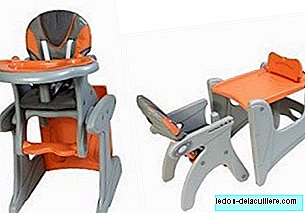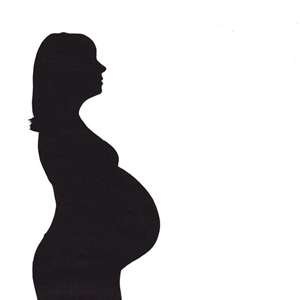
We talked a while ago about how an incubator works and what care they provide to babies born before term so that they remain safe and isolated from all types of germs.
The usefulness of these machines is that babies are in a medium as close as possible to the mother's womb, although just by looking at those cold devices we can realize that they have little to do with the mother's warm belly.
However, there are talented scientists such as a group of students from the University of Salamanca who are constantly looking to make that difference.
They presented last month in Oviedo a very interesting project which has been awarded by the Ministry of Health.
Is a sophisticated incubator designed for premature babies to develop in the best conditions without the psychological sequelae that can lead to long stays in traditional incubators.
It has been designed to be almost identical to the womb and, among other things, to free babies from stressful light and beeps from hospital rooms.
It consists of a neoprene bag with amniotic fluid that provides a gravitational system inside which the baby can remain in the hyperflexion position and is isolated from external noises.
However, from that environment in totally aseptic conditions, the baby can listen through a player to the voice of his mother, the breath and the same sounds he perceived before birth.
The position of the incubator would not always be the same. It would be moving during the day and resting at night, very similar to the movement it would have if it were inside the mother's womb.
Also, the mother could caress the neoprene bag and the baby would perceive the caresses so beneficial for the development of his nervous system.
It also allows the baby to feed from its own umbilical cord that would be connected to an artificial placenta, with a functioning similar to dialysis machines, cleaning the toxins in the blood and facilitating lung function and nutrition.
At the moment it is only a project, but while there is nothing comparable to the maternal womb, of becoming a reality one day these incubators of the future could help to substantially improve the treatment of premature babies.












